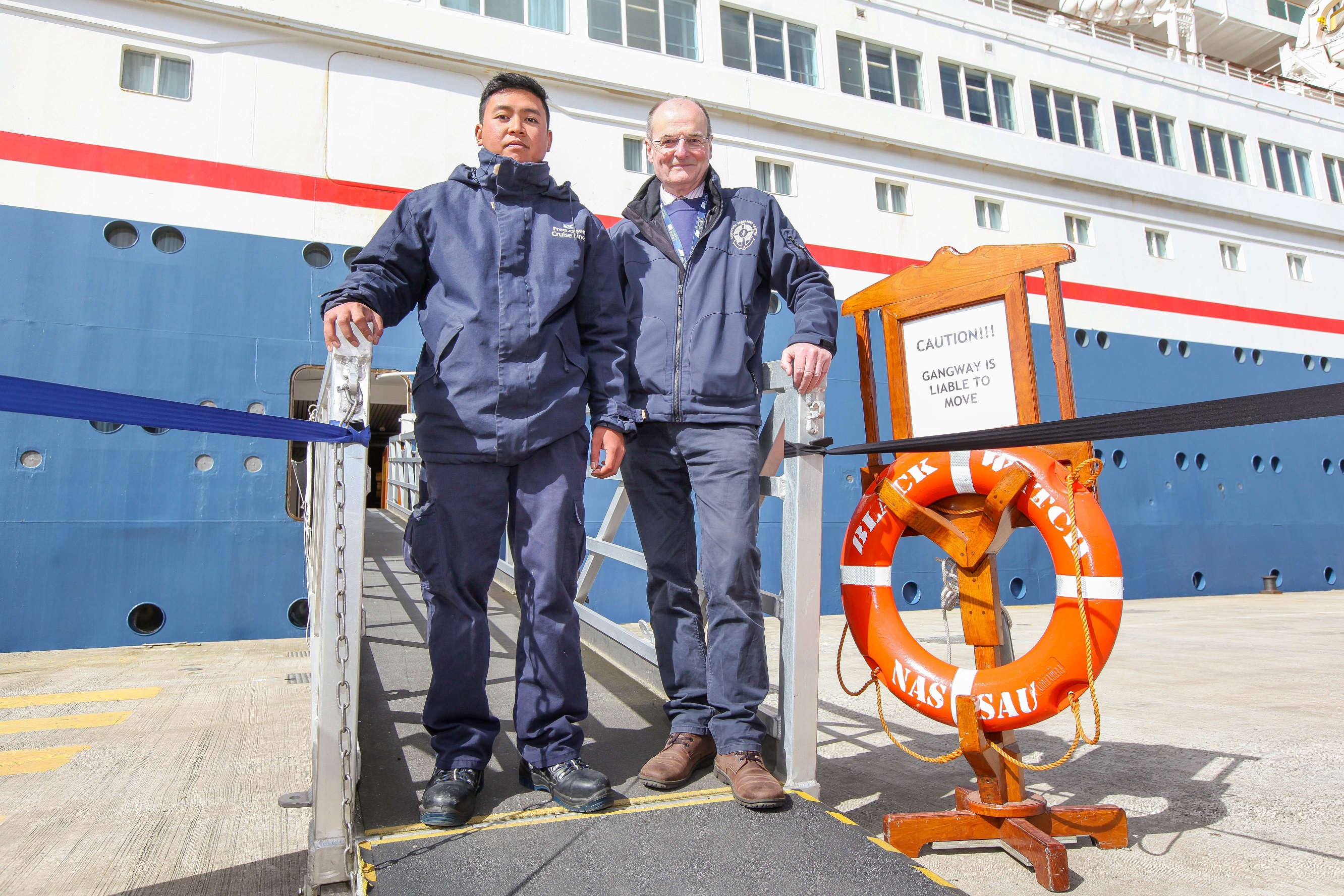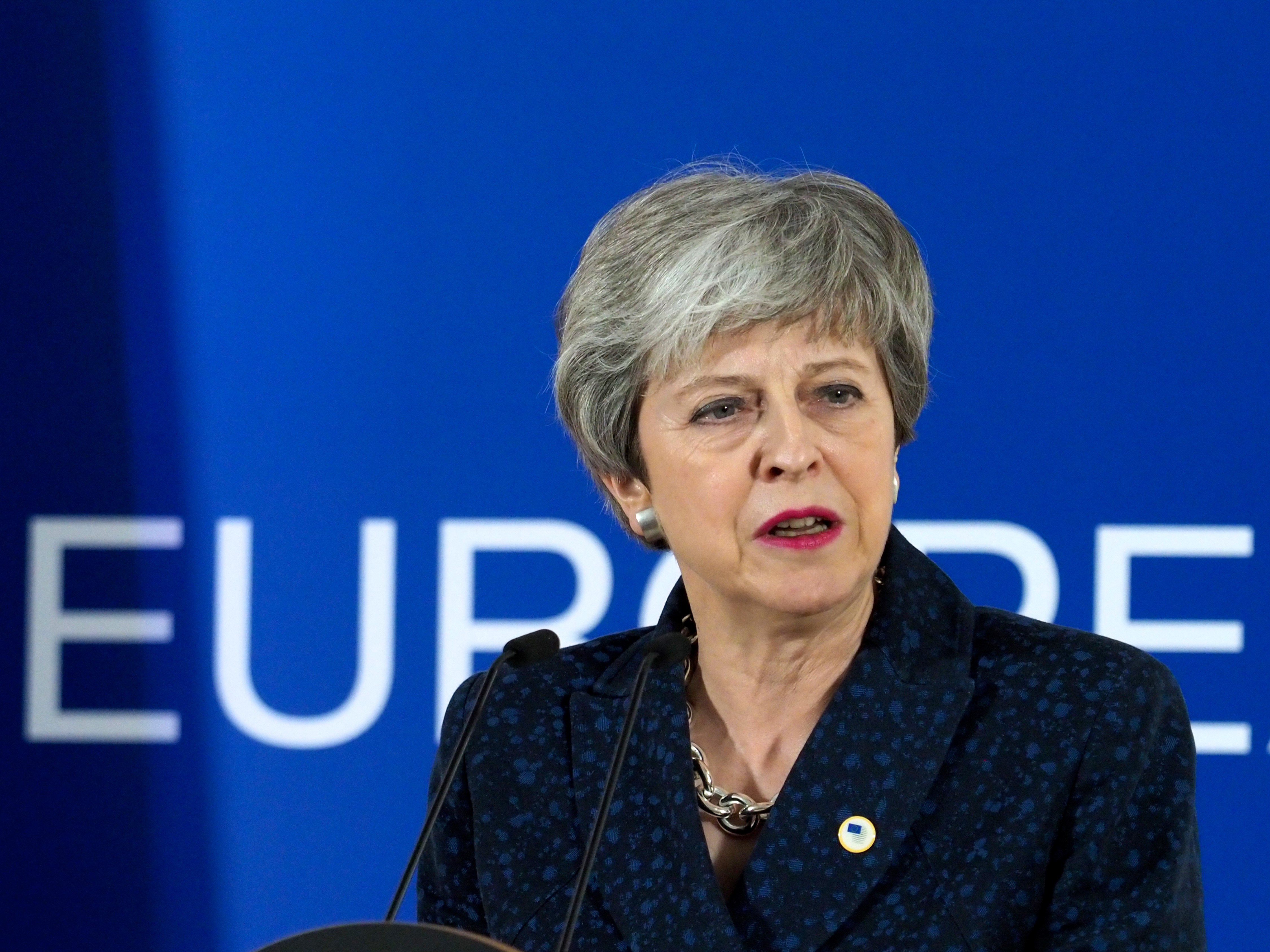All sorts of theories abound as to how and why Brexit turned into such a fiasco. The favourite culprit is Theresa May herself, who is said to have conducted the withdrawal negotiations with the EU so incompetently that she has produced a draft deal that nobody likes. But there is another possibility - that she fundamentally misunderstood the 2016 Brexit referendum result. It is quite possible that the deal she struck with Brussels was the best obtainable, given her misreading of the task the referendum result had handed to her. Indeed, given the premises from which she started out, it could even be called a substantial negotiating triumph. Except it was irrelevant.
She still seems to be convinced that she has given the country what it wanted, and her task now is to overcome the blindness of politicians, on all sides, who fail to see that. But it obviously is not what the country wanted. She construed the pro-Brexit vote by 17.4 million of her fellow citizens as boiling down to three fundamental freedoms: freedom to strike trade agreements, freedom to make their own laws, and freedom to control immigration. As a member of the European Union, the United Kingdom had relinquished all three freedoms. So she committed herself to regaining them.
Regarding the freedom to make trade agreements, all we need note here is that (a) it is an illusory freedom, as agreements cannot be imposed; (b) it was nowhere near the top priority of the debate at the time of the referendum; and (c) it offers no likely benefits. It is a complex technical issue, not easy to understand. No-one has tried to demonstrate that being tied to trade agreements made by the EU has been to the disadvantage of British business, and British business itself certainly doesn’t think so. I doubt whether a single voter even thought about it as they entered the referendum polling booth to cast their vote. It had no emotional appeal as an issue.
The freedom to make our own laws means not being bound by EU regulations or judgements of the European Court of Justice. But it does mean still being bound by World Trade Organisation rules and submitting to decisions of the WTO disputes settlement procedure. Last year’s dispute between plane manufacturers Boeing and Bombardier, which could have led to large job losses in British factories, was entirely about the application of WTO rules, and the EU sided with Britain against the United States.
Furthermore, I doubt the great majority of voters could name a single EU law which has significantly affected the way they live their lives and which had been imposed on Britain against the wishes of the British Government. Instead, the British civil service has a reputation for “gold-plating” EU regulations, for instance by turning a single page of guidance into a 24-page set of binding rules.
The great advantage of watching CNN from time to time is that their US-based interviewers sometimes ask questions “out of the mouths of babes”, which the more knowledgeable British TV interviewers think are beneath them. So one such American reporter, trying to make Brexit comprehensible to a mainly American audience, asked a leading Westminster Brexiteer what laws the EU had actually imposed that he objected to. He was flummoxed for a moment or two, and then cited the notorious “working time directive”.
This was designed to prevent the exploitation of workers by making them work for more than 48 hours in a week, and it had attracted attention mainly because of its affect on the shift lengths of hospital doctors. But any worker affected has the right to opt out of the directive; and in any case, the public was never too keen on being seen in hospital by doctors who hadn’t slept for 24 hours and were struggling to stay awake. As far as I know not a single group of workers in the whole country ever objected to being told they cannot be forced to work more than 48 hours in a week against their will.
Mrs May’s third line was “control of our borders”, by which she meant rejection the EU’s principle of freedom of movement between EU states and the reintroduction immigration controls. She interpreted that as an expression of opposition to the presence in Britain of a substantial number of EU citizens – the peak figure was over three million. But one of the most curious features of the whole Brexit debate has been the absence of any sign of a public demand for those three million to be removed. On the contrary politicians across the political spectrum have been unanimously insistent that they must be guaranteed a right to remain. So it was not just a sullen acceptance of a fait accompli. It was a public consensus, to the effect that EU workers had been good for Britain and that people wanted them to stay.
And no less remarkable is what has happened since. The polls show a sharp decline in opposition to immigration, whether from the EU or elsewhere; as an issue it has slipped some way down the list of the public’s priorities. And the other strange feature of public opposition to immigration is that it is highest where immigration populations are lowest. In other words those with most exposure to immigration are the least opposed to it. London, hailed as the multi-cultural capital of the world, is the supreme example.
So interpreting the 2016 referendum result as a protest at high levels of EU immigration may tell us something about Theresa May’s attitudes and prejudices, which she has apparently projected onto the public against all the evidence. But it does not illuminate the true picture. And the clincher in this argument is the fact that non-EU immigration, which Britain can already control, is now far higher than EU immigration.
So her picture of what the majority meant by their vote in 2016, translated into her three red lines, is thoroughly misguided. Her best excuse is that she never really believed it herself. She voted to remain in the EU. She is like the cavalry commander at the battle of Balaclava who, on receiving an ambiguous instruction which seemed to tell him to charge the Russian guns, felt it was his duty to order the Light Brigade into its famous death ride, come what may. “Ours not to reason why...”
It was Dominic Cummings, campaign director of Vote Leave in 2016, who correctly perceived that plebiscites and referendums are not won by rational argument but by simple appeals to emotion. And the emotional appeal that worked best was an appeal to resentment. It is a strong emotion, a sense that we are being treated unfairly, and that the reason we are being treated unfairly is because we don't count. We don't matter. We have been trampled on, left behind, ignored. That is what people were saying.
In so far as this is true, or at least felt to be true, resentment is a reasonable reaction and people should not be disparaged for feeling it. But Mrs May's three red lines don't even touch it. In so far as she is one of those against whom the resentment is aimed, sometimes called the elite or the establishment, she is not just irrelevant. She is part of the problem. And all the polls suggest she has indeed become an object of resentment herself.
Resentment is as strong as ever. To an extent this is about class, and about those with power making decisions which affect ordinary people while having no interest in how it affects their lives. It is also about rapid economic change, the decline of the coal and steel industries for instance, over which ordinary people have had no control. Globalisation, which lies at the root a lot of this, is presented as a force of nature before which people are powerless.
Maybe they are and maybe they aren't, but there has been very little public discussion of the price to be paid, and whether it is worth it. Globalisation often means removing manufacturing industry from a relatively well paid work force to a relatively poorly paid one. We have exported our proletariat overseas, and by removing it from our domain, from the scope of our common good as it were, we have washed our hands of it. Bangladeshi garment workers are not our problem. Men and women who might have earned a good wage in the British clothing industry are instead stacking shelves in Tesco’s at £7.83 an hour.
This is where the resentment comes from. In practical terms Brexit is obviously no solution, but emotionally it makes sense. Powerlessness is dehumanising. So this is plainly a moral issue. Pope Pius XI in his encyclical 'Quadragesimo Anno' declared: "Just as it is gravely wrong to take from individuals what they can accomplish by their own initiative and industry and give it to the community, so also it is an injustice and at the same time a grave evil and disturbance of right order to assign to a greater and higher association what lesser and subordinate organisations can do. For every social activity ought of its very nature to furnish help to the members of the body social, and never destroy and absorb them."
So that is the "take back control" that Brexit voters were interested in, a deep moral intuition that they ought to have more say over their own lives, and therefore a greater share of the available benefits. Theresa May has completely misunderstood this fundamental human entitlement, and instead fabricated a type of Brexit that no-one recognises as addressing their real grievances.
CLIFFORD LONGLEY'S BREXIT WATCH:
Clifford Longley will be writing regular updates on Brexit over the coming weeks. To read more click on the links below.
Dark days in Brexit land
If a 'no deal' Brexit is ruled out, what next?
Revocation of Brexit on the horizon?
Could Brexit now be abandoned altogether?
Did May fundamentally misunderstand the Brexit referendum result?



 Loading ...
Loading ...
What do you think?
You can post as a subscriber user ...
User comments (1)